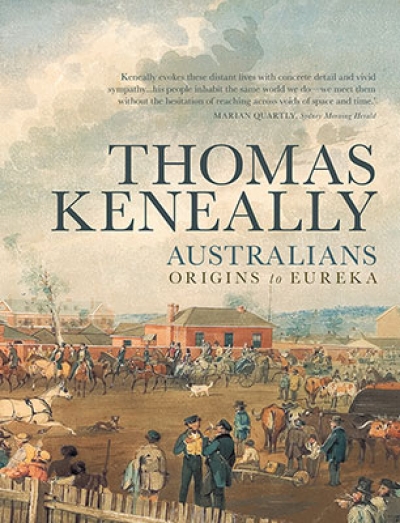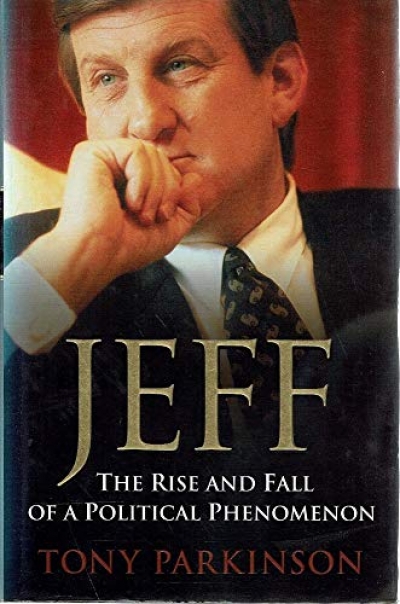Fiction
Three recent short story collections
Over the years the popularity of short fiction has fluctuated greatly, for mysterious reasons. A senior publisher once told me that publishers loved short fiction collections but that the reason they rarely published them was due to booksellers’ reluctance to support them. When I put this to a major bookseller, they claimed it was the other way around.


























